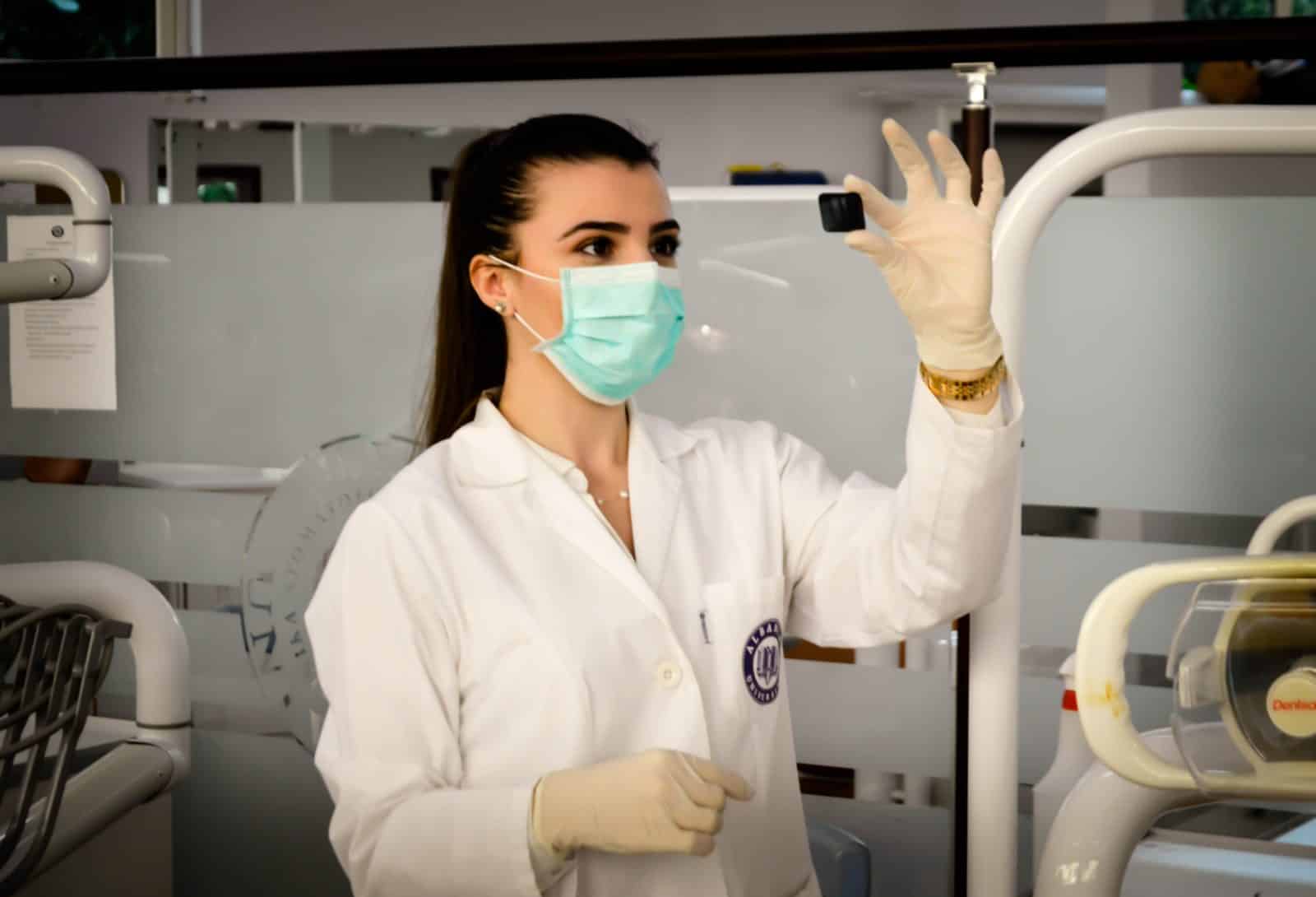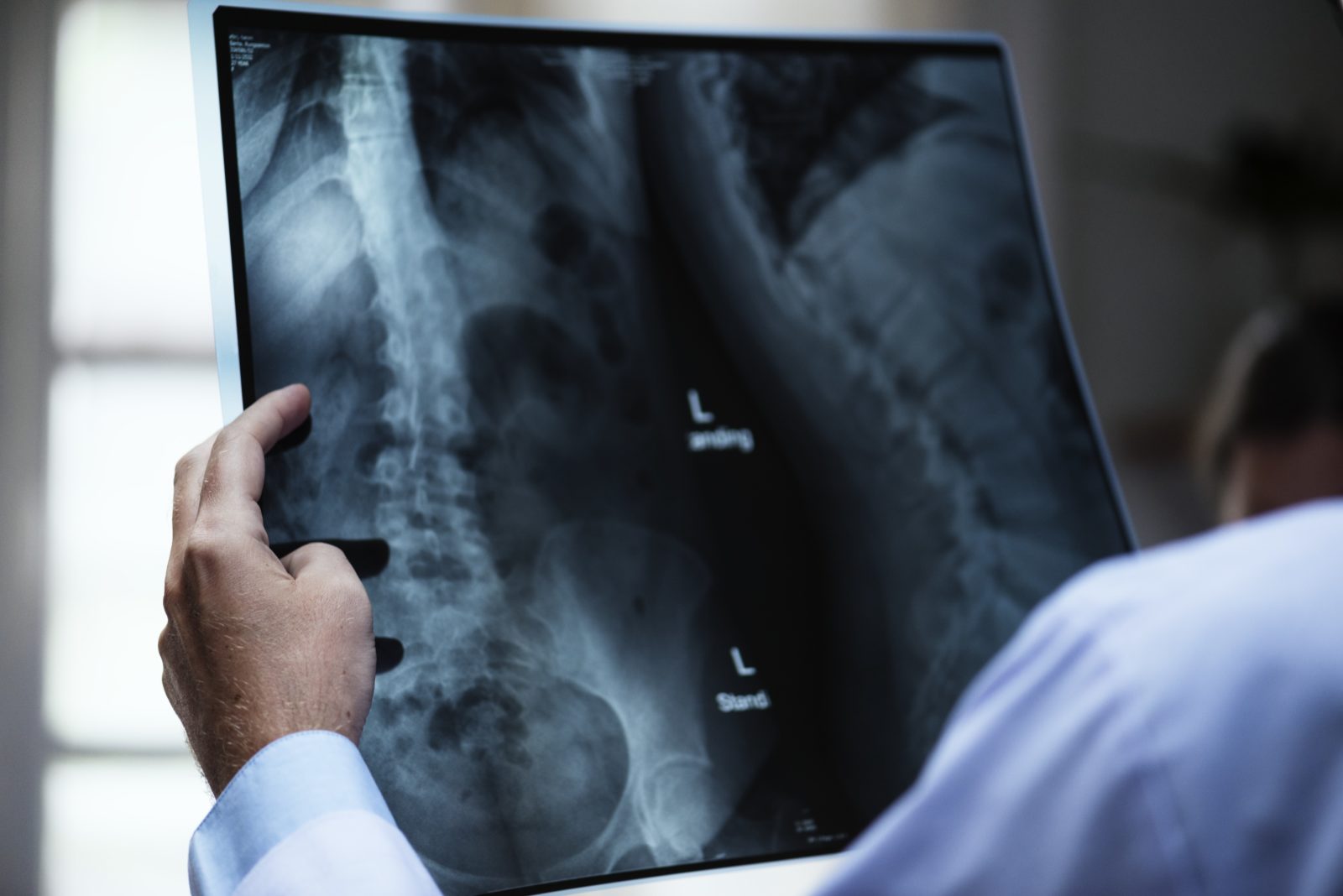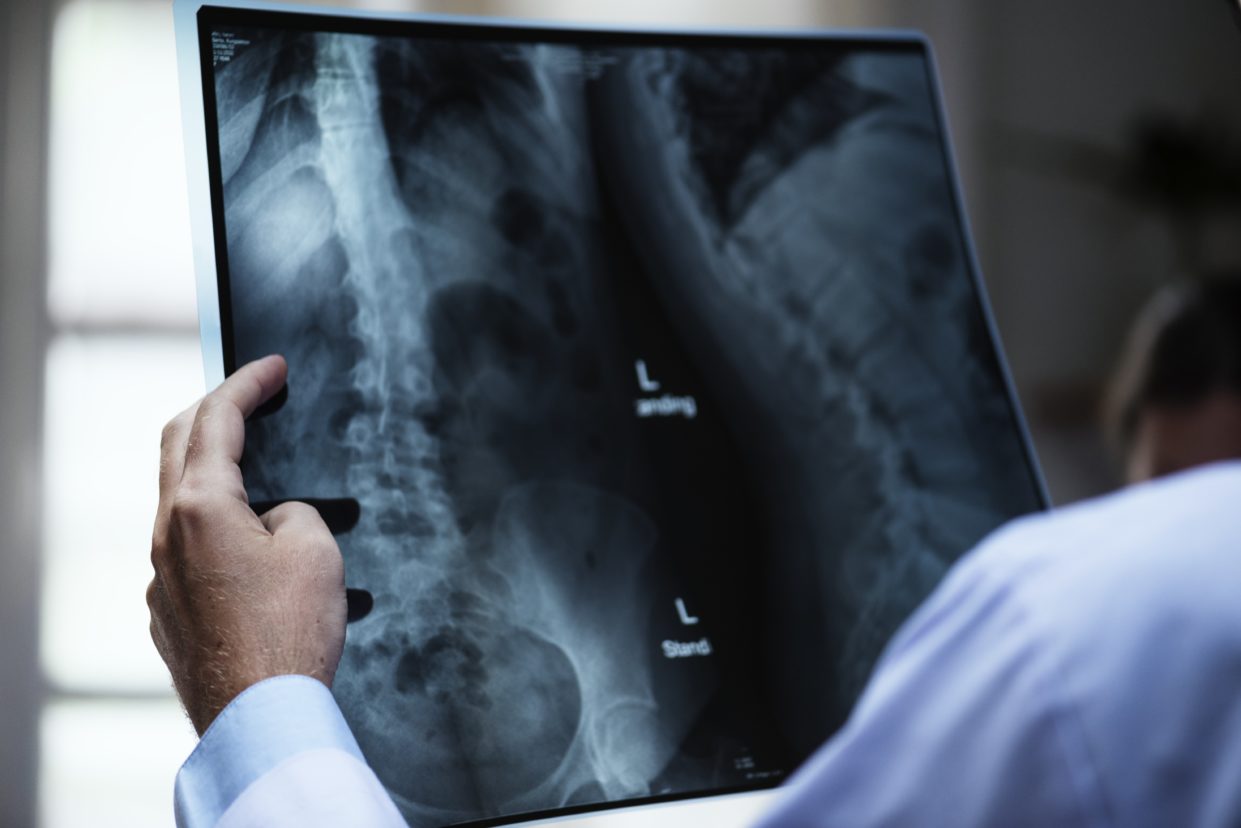Machine learning and, subsequently, artificial intelligence have gone quite far since the early days of computer science.
Nowadays, they have application in a wide array of fields. Among them, the medical sector is one which has benefited greatly from the implementation of artificial intelligence.
Specifically, the addition of machine learning in healthcare has so far allowed for a lot of procedures to be improved altogether.
And it does not stop here. The future looks bright for the medical sector and machine learning has the potential to bring a degree of innovation to the field unlike we have ever seen before!
A Brief Look into History
Medical professionals do not have the same responsibilities as they had 50 years ago. Nowadays, owing to advancements in technology, many low-level tasks have been covered by digital systems, allowing the doctor to focus on patient care.
However, back in the day, when artificial intelligence was in its nascent phases, medical institutions had to get down and dirty with performing tasks which were repetitive, long-winded and didn’t directly help the patient.

The first waves of artificial intelligence were nowhere close to what we have today. They were only capable of covering basic tasks such as scheduling.
Yet this was exactly what it needed to lay the groundwork for machine learning in healthcare. Systems with the ability to recognize patterns would end up being used for calculating probabilities, analyzing tests and even coming up with diagnoses.
Machine Learning in Healthcare, Today
Much has changed in today’s healthcare environment. Now, machine learning helps to simplify many procedures which in the past would have required constant human attention and numerous labor-intensive hours.
Modern machine learning systems are capable of processing sizeable amounts of information, to identify patterns and to come up with results which support various medical procedures.

This potential to analyze substantial amounts of data assists doctors in genetic tests, to calculate risk factors for patients with chronic disease or to perform retinal scans to identify potential eye diseases, just to name a few.
This ability to automate and process large blocks of data is undeniably useful for the medical sector. However, this is barely scratching the surface of what machine learning can do.
An Absolute Game Changer
Machine learning is still limited in what it can do and computers are unlikely to replace physicians in the near future.
However, even with what we have right now, the medical diagnosis has been democratized.
With the help of machine learning in healthcare, patients do not have to rely entirely on a doctor’s expertise to get information about their conditions.

People can now use digital services to check their symptoms with good results. They don’t have to make lengthy and costly appointments any time a symptom appears. In turn, it allows doctors to focus more on treatment rather than on assessment.
This is just the tip of the iceberg, only a few years down the road and things have the potential to drastically change.
Machine learning will lead to the identification of complex and elusive types of diseases, offering more high-quality and efficient healthcare for everyone.
Try the Benefits of Machine Learning for Yourself
Machine learning is definitely going to revolutionize the healthcare system as we know it. And change is happening right now, with artificial intelligence improving the medical diagnosis and making it more easily accessible.
If you want to begin experiencing the benefits of using AI in healthcare, sign up today for an exclusive Diagnosio membership which will transform the way you take care of your health.

